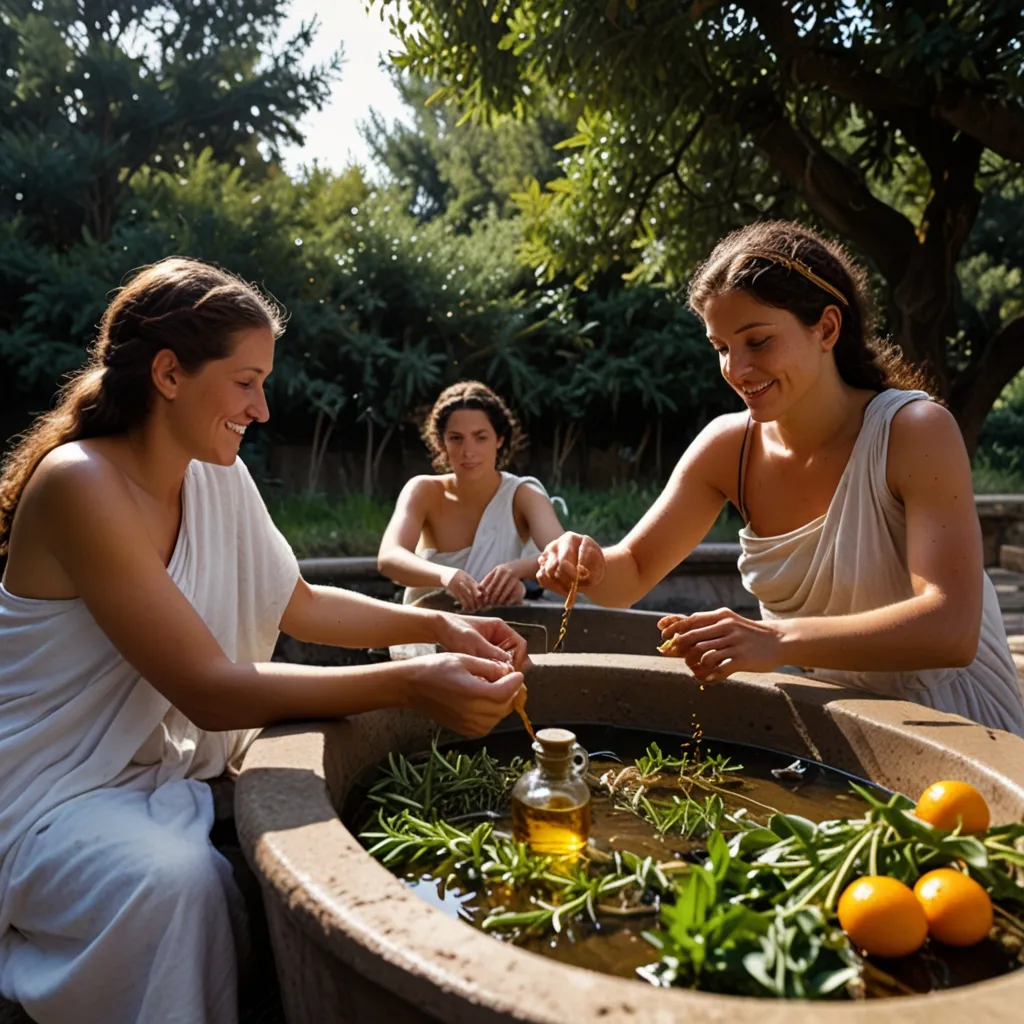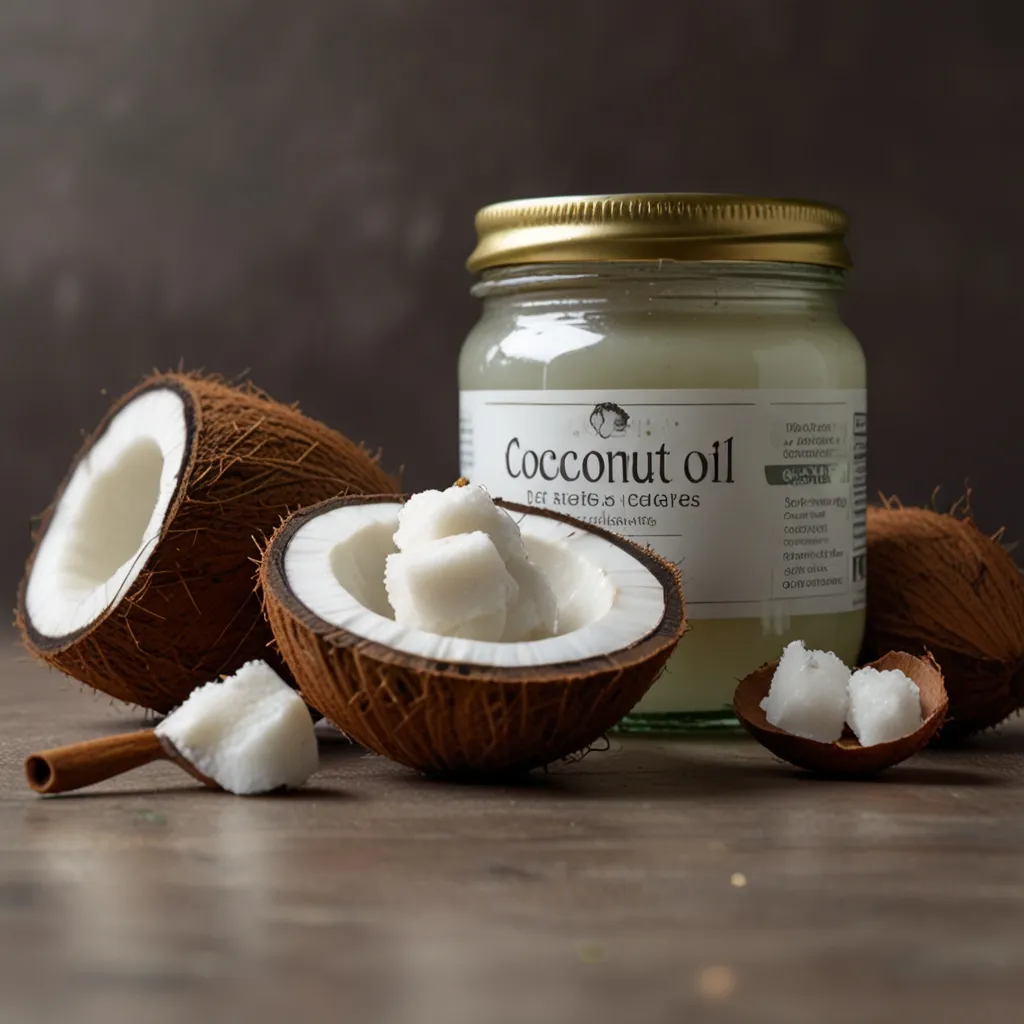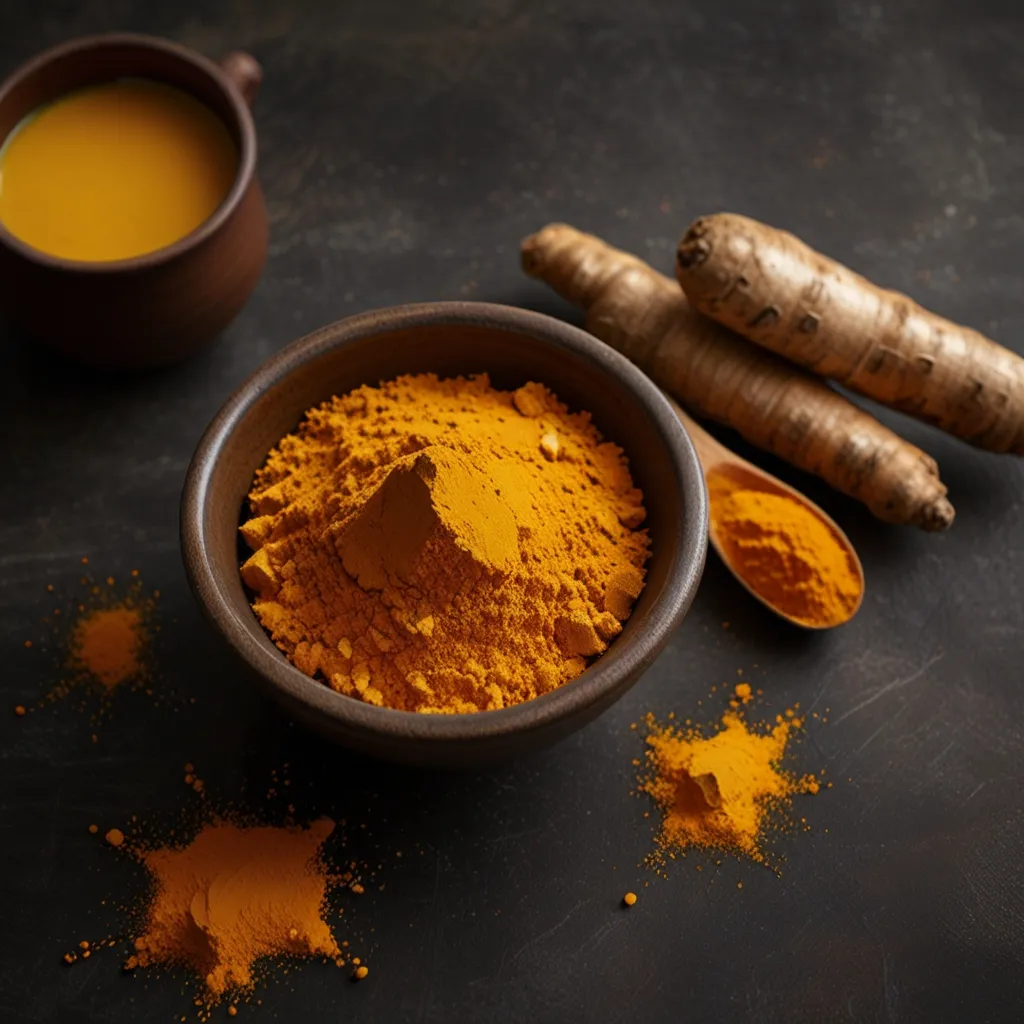Ancient Rome wasn’t just all about grand architecture and powerful emperors; it also had a surprisingly advanced understanding of health and medicine. They took a very holistic approach to wellness, relying on a combination of diet, lifestyle habits, and natural remedies. Their methods weren’t just hasty fixes; they were all about lasting health. Here’s a peek into how Romans incorporated these practices into their daily lives.
Herbs were like the go-to remedies for the Romans whenever they felt under the weather. They truly believed in the healing powers of nature, and you’d find all sorts of herbs being used to treat common ailments. Ever heard of chamomile tea before bed? Yep, that was a Roman trick to calm the nerves and ensure a good night’s sleep. Lavender wasn’t just about a pleasant smell; they used it for its antiseptic properties and to ease skin irritations. Mint was another favorite, not only adding a fresh touch to their dishes but also helping with digestion and pesky headaches.
Let’s chat about the Roman diet for a second. These folks were all about balanced eating, long before it became the trendy health mantra it is today. Fresh fruits, veggies, and whole grains were daily staples. Garlic wasn’t just for warding off vampires; its medicinal properties, such as lowering blood pressure and fighting infections, were well-regarded. Olive oil wasn’t just a staple in their kitchens; its rich antioxidant content contributed to maintaining heart health.
Roman lifestyle and hygiene practices were nothing short of impressive. They were big believers in the benefits of regular exercise—think of them as ancient gym enthusiasts. And don’t even get started on their public baths. These weren’t just for getting clean; they were social hubs where people could relax and detoxify in various temperature rooms. It was like having a spa day whenever you wanted.
Natural treatments were another area where the Romans showed great ingenuity. Honey was their magic potion for treating wounds and infections, thanks to its antibacterial properties. Mud baths might sound a bit offbeat, but they swore by them for treating skin conditions and relieving joint pain. The healing properties of mud were believed to rejuvenate the skin and soothe the body.
The way Romans approached health was all-encompassing. They didn’t just focus on the body; the mind and spirit were equally important. Mental health wasn’t an afterthought; they practiced meditation and relaxation techniques to keep stress at bay. This holistic strategy meant treating the root cause of an illness rather than just tackling the symptoms.
When you think about it, the Roman practices have trickled down to modern medicine in many ways. Herbal teas, supplements, and the general emphasis on diet and lifestyle all find their roots in Roman times. It’s like the ultimate health legacy they left behind.
Romans were essentially ahead of their time with their natural remedy game. Their blend of herbal treatments, balanced diets, regular physical activity, and keen sense of hygiene made them pretty health-savvy. Their holistic approach is something we can definitely learn from today. It’s a reminder that true wellness is about caring for the entire person, inside and out, rather than just putting a band-aid on health issues.






